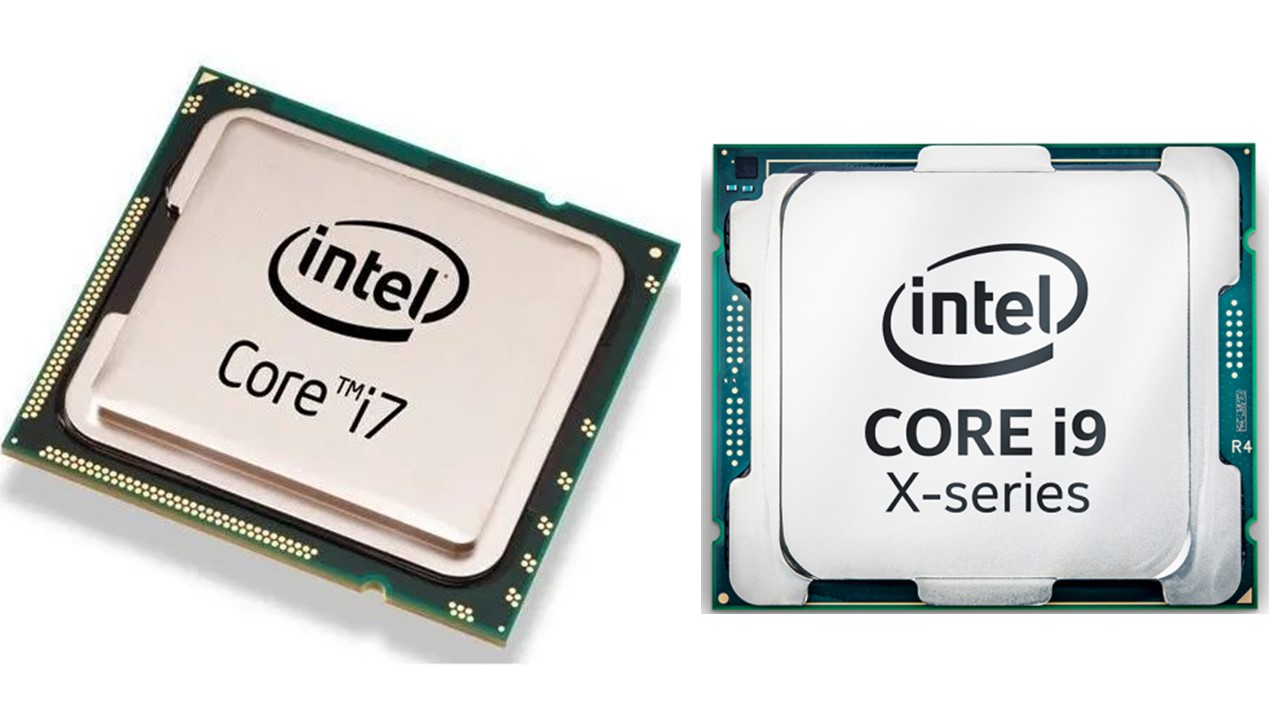Before we get into the differences between i7 and i9 processors, let us first understand what computer processors are. A Processor, also known as the CPU, or “central processing unit,” performs all the essential functions of a computer. Processors have components called “Cores”.
Each “Core” acts as an individual processing unit. CPUs with 2 cores are called dual-core processors, 4 cores= quad-core, 6 cores= hexa-core, and so on. Some high end computers even have Octa-core processors.
In This Article
KEY TAKEAWAYS
- The Intel Core i7 processors may have up to 6 cores but the i9 processors may have as many as 18 cores that will operate at a higher clock speed.
- The gaming experience on a core i9 processor will be much better offering a much higher frame rate as compared to an Intel i7 processor.
- The core i7 processors are cheaper and are available widely but the Intel i9 processors are costlier but come with higher cache storage.
- The Intel Core i9 processor will be able to handle much heavier and more intensive computing tasks in comparison to an Intel Core i7 processor.
5 Differences Between Core i7 and i9 Processors

1. The Basic Difference
Core i7 processors have up to 6 cores and 12 threads, giving them the upper hand over the best quad-core variants. With a Core i7 CPU, multitasking several substantial programs
together is a smooth experience with little to no lag.
The Intel Core i9, introduced in 2017, contains up to 18 Cores and 36 Threads, with a new socket-motherboard combination. The Intel Core i9 is a dream for users who use their PCs for purposes like 3D modeling, Game Designing, competitive gaming, and other such CPU-heavy work.
2. Clock Speeds
There is a difference between the Intel Core i7 and the Core i9, when it comes to clocking speeds. The Core i9 has a higher clock speed and can be overclocked at 2.9 GHz or 4.8 GHz.
The Core i7 can be overclocked to 2.6 GHz or 4.3 GHz. The Core i7 can store only 9 MB of cache while the Core i9 can hold 12 MB of cache. These “cache” primarily help the processor remember and perform regular functions of the user on the computer, but at a much faster pace.
3. Gaming Performance
When it comes to gaming, the i9 performs significantly better. With AAA titles like “Rise of The Tomb Raider,” “Grand Theft Auto 5”, and “The Witcher 3”, which require pretty gaming-heavy hardware, tested alongside the Nvidia GeForce GTX1080ti GPUs, the i9 processor delivers between 90-120 fps on average, which more than decent.
The i7, however, with the same benchmark test, delivers frames between 60-80 per second, which is not bad at all but is second to the i9.
4. Video Transcoding Benchmark Test
This benchmark tests how long it will take a machine with the respective processors to transcode 12 minutes and 30 seconds 4k video to 1080p.
- The Intel Core i7 takes 546 seconds to transcode the whole thing.
- The Intel Core i9 takes 511 seconds to do the same thing.
5. Selling Points
Core i7
- Higher Clock Speeds
- Cheaper and more accessible to the average user.
Core i9
- More cores
- More cache storage
- Higher core speeds
- Hyperthreading, allowing for smoother use of performance-heavy applications, and greater efficiency while multitasking.
Which is Better- Core i7, or Core i9?
From a technical standpoint, the Intel Core i9 processors are “better,” with higher core-count and higher clock speeds, allowing for faster and seamless work.
However, when practically applied and tested on massive programs like AAA games and video editing software, there’s not much of a difference.
The real difference is shown while doing Industry heavy work like Photoshop, 3d modeling, Texturing, etc., which require a significant amount of CPU usage.
This is where the i9 outshines the i7 faster performance and little to no lag. Check out the differences between core i5 and i7 processor.
Conclusion
In conclusion, if you are a digital artist, or your work revolves around CPU heavy usages like 3D modeling, Compositing, Game designing, etc., then the Intel Core i9 is the way to go.
However, if you are a casual user or a competitive gamer with a budget to maintain, the Intel Core i7 is more than enough to suit your needs.